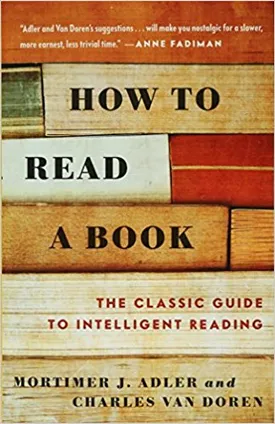Charles Van Doren
Charles Van Doren (1926-2019) was an author and professor who rose to fame after appearing as a famously successful contestant on the United States game show "Twenty-One" in 1956. Van Doren achieved notoriety due to speculation that he deceived viewers and contestants about the level of knowledge and education he had accrued on a variety of topics. Although his blunder affected him personally and professionally, a congressional investigation and the subsequent public disclosure of the game show’s secrets provided the opportunity for the American public to learn and reflect despite the circumstances.
Van Doren was born in 1926 to two esteemed Columbia University professors, Mark Van Doren and Dorothy Van Doren. His grandfather and great uncle were Pulitzer Prize winners, his father was a writer and literary scholar. Charles attended St. John’s College in Annapolis, Maryland, graduating in 1945 and then went on to get his Ph.D. in English and American literature at Columbia University in 1950. After completing his doctoral program, Van Doren began working as an editor at Encyclopaedia Britannica and eventually rose to the position of assistant editor-in-chief.
In 1955, the world was initially drawn to Van Doren after he was asked to appear as a contestant on the prized game show “Twenty-One”. Although Van Doren was presented to viewers as a college professor from Columbia University, he was unaware of the pre-determined scripting of answers. Shortly after Van Doren began appearing on “Twenty-One”, his win streak was cut short in March of 1957 when rumors of fraud began to circulate.
In the wake of the scandal, Van Doren admitted to wrongdoing and was eventually charged with perjury in a congressional investigation. The trial and its findings served as a call to reevaluate celebrity within a culture of television and media driven by ratings. Ultimately, the American public felt they should be able to trust what they were seeing on television. In the wake of the incident, Van Doren resigned from his position at Encyclopaedia Britannica and returned to teaching.
The scandal had a lasting impact on public perception of him, yet through articles and interviews Van Doren sought to redeem his name and share the story of his experience. While the game show scandal initially damaged his reputation, it provided the United States with an opportunity to confront the attitudes that perpetuate scandals, whether in the entertainment industry or real-life contexts.
In the years that followed, Van Doren was known as an author and educator, having written best-selling books and created educational materials for schools. His first book, “The Joy of Reading and Writing: Reflections on the Literary Life,” was published in 1995. He also wrote several books on American literature and culture, including “A History of Knowledge: Past, Present, and Future,” “The Idea of the Liberal Humanities,” and “The Art of Teaching and Learning.”
Educated in the fields of both English and American literature, Van Doren also worked as a professor for several universities throughout his career, including Columbia, Rutgers, and Yale. As a professor, he interacted with students from all walks of life, fostering a platform for critical thinking, exploration, and appreciation for the humanities.
At the age of 93, Van Doren passed away in 2019. Even in his death, Van Doren was still remembered by many for his time on the Twenty-One show, although more importantly, his legacy remained synonymous with education and literature, rather than scandal. In the end, while Van Doren was associated with the disappointment created by his involvement in the game show scandal, his later career and service to education provided the opportunity for the public to reflect on the power of knowledge even in the face of wrongdoing.

